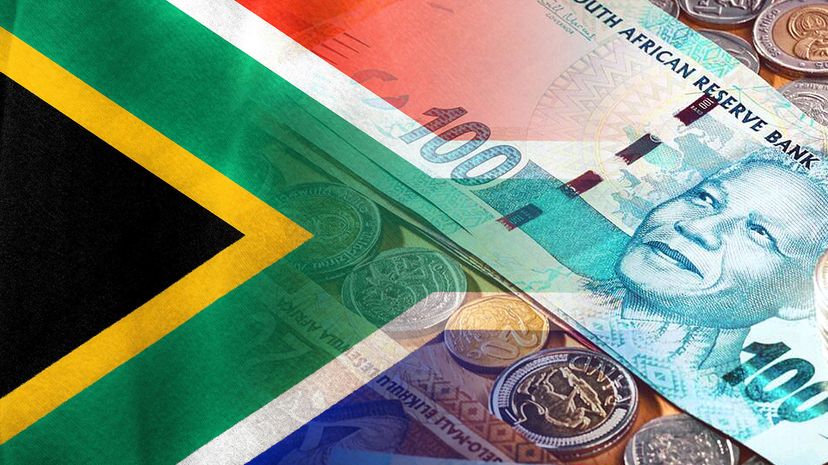5. Ethiopia
Ethiopia is the birthplace of coffee, one of the world’s most important cash crops, and remains one of the world’s biggest coffee producers despite its small size.
According to the International Trade Administration (ITA), coffee is Ethiopia’s biggest export, accounting for more than a quarter of its export value (its next largest export is gold). Coffee is also important culturally: The traditional Ethiopian coffee ceremony is an hours-long friendship ritual.
4. Algeria
Algeria's status as Africa’s fourth largest economy is thanks to its hydrocarbon resources. Located in North Africa, Algeria stretches from the Mediterranean Sea into the Sahara Desert. According to the ITA, oil and natural gas account for over 95% of Algeria’s export revenue.
3. South Africa
South Africa is the third richest country in the continent in terms of GDP, but according to the ITA, it should be number one: “South Africa is the most advanced, diversified and productive economy in Africa,” it claims.
Sixty-nine percent of South Africa’s economy is tertiary, another word for postindustrial economic activities like trade, transport and services. (Primary economic activities include agriculture and mining wheras secondary economic activities include manufacturing.)
In 2010, South Africa became the first African nation to host the FIFA World Cup, a huge international vote of confidence for the country.
2. Nigeria
Nigeria is one of the world’s most populated countries, so while its overall GDP is high, GDP per capita is low. Additionally, Nigerians face ongoing insecurity — kidnappings in the northwest, terrorist insurgencies in the northeast and separatist conflict in the southeast, according to the World Bank.
As the World Bank puts it, “Despite having the largest economy and population in Africa, Nigeria offers limited opportunities to most of its citizens.”
According to the ITA, Nigeria is rich in natural resources, including oil (5.6 percent of GDP), minerals, and gemstones, but the largest contributor to the country’s GDP is the services sector (52 percent of GDP).
1. Egypt
Egypt is internationally famous for its ancient pyramids full of treasure, but it also has the highest GDP in Africa. According to Britannica, Egypt’s biggest export is petroleum, but it has a diversified economy.
Farming is also important to Egypt's economy. The agricultural industry accounts for 28 percent of jobs and 11.3 percent of GDP, per ITA — unsurprising, given the plow is an ancient Egyptian invention.
